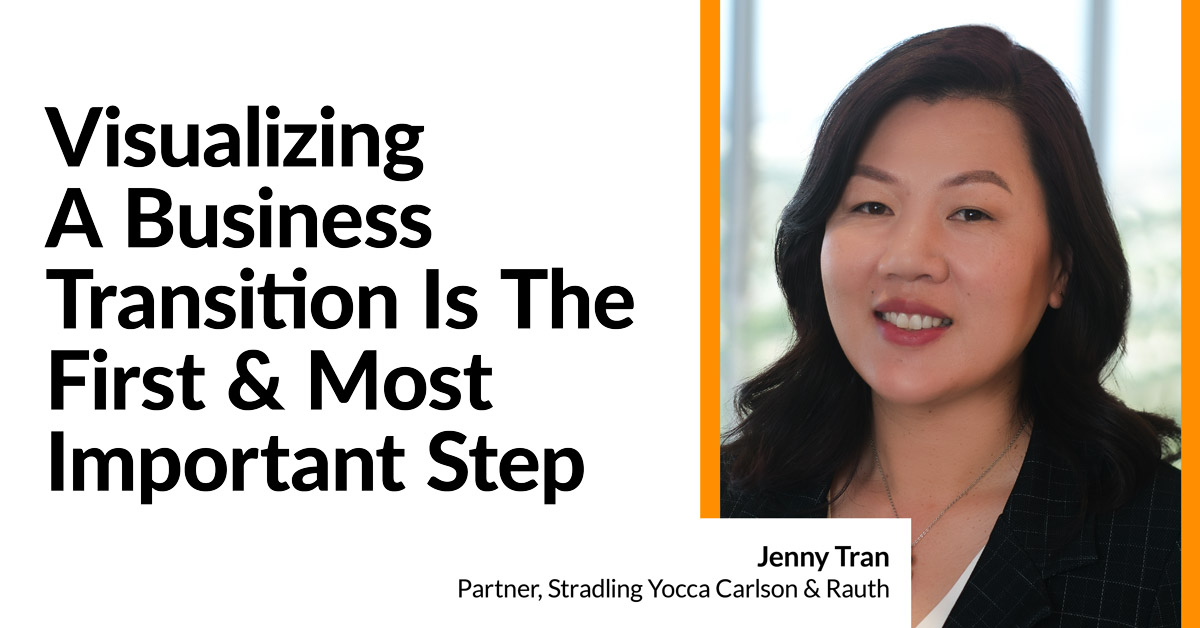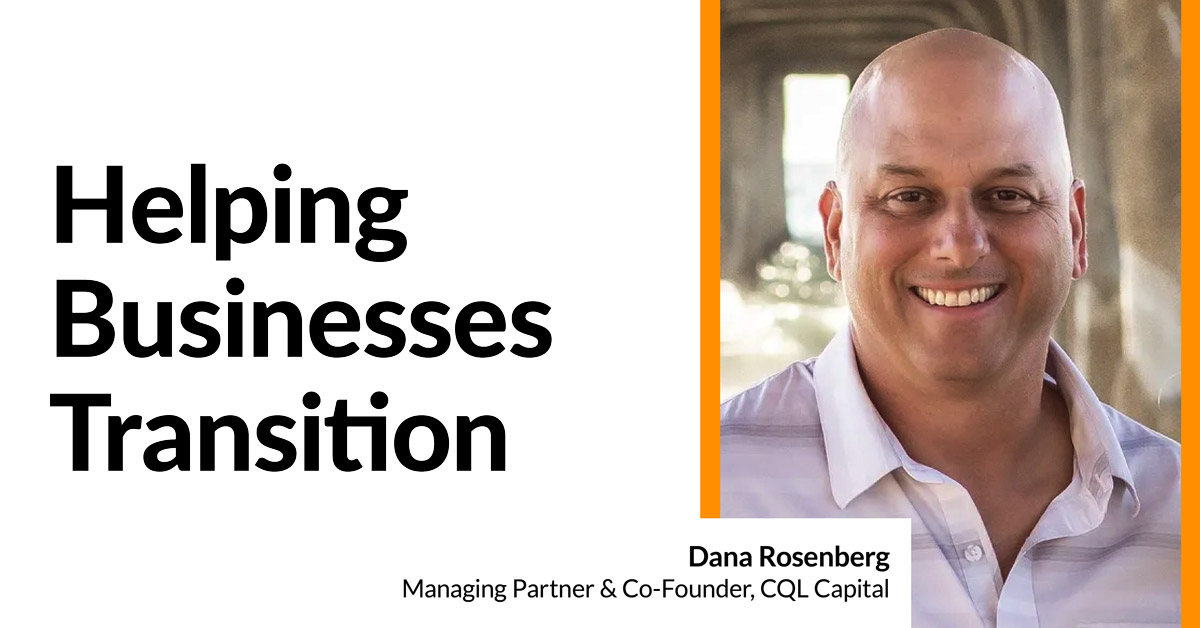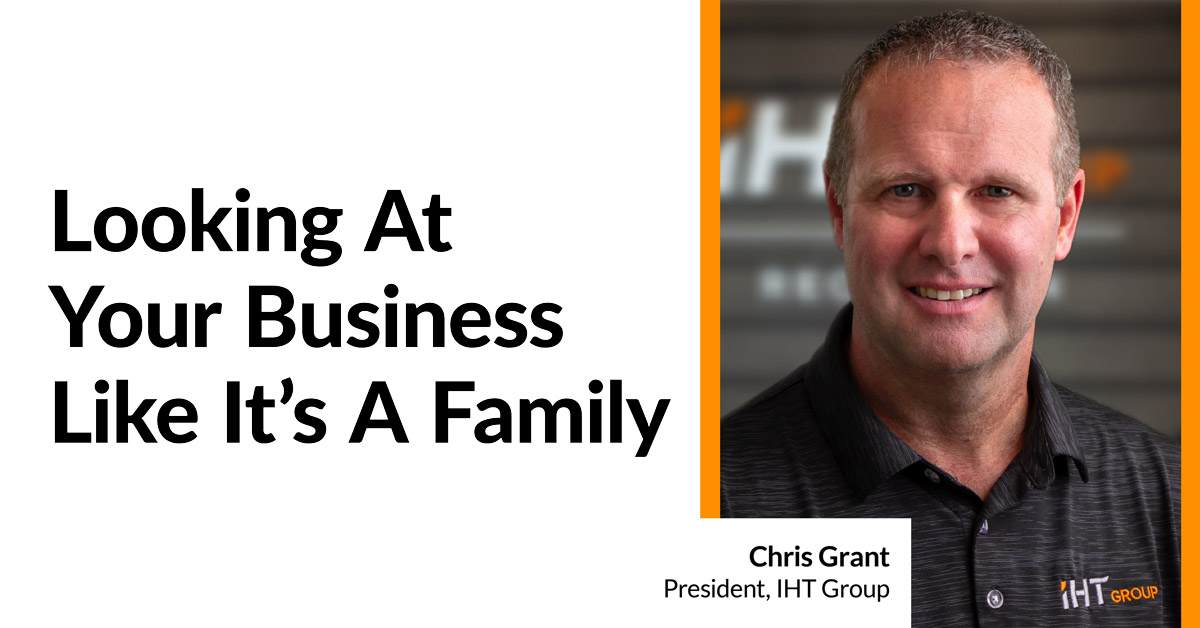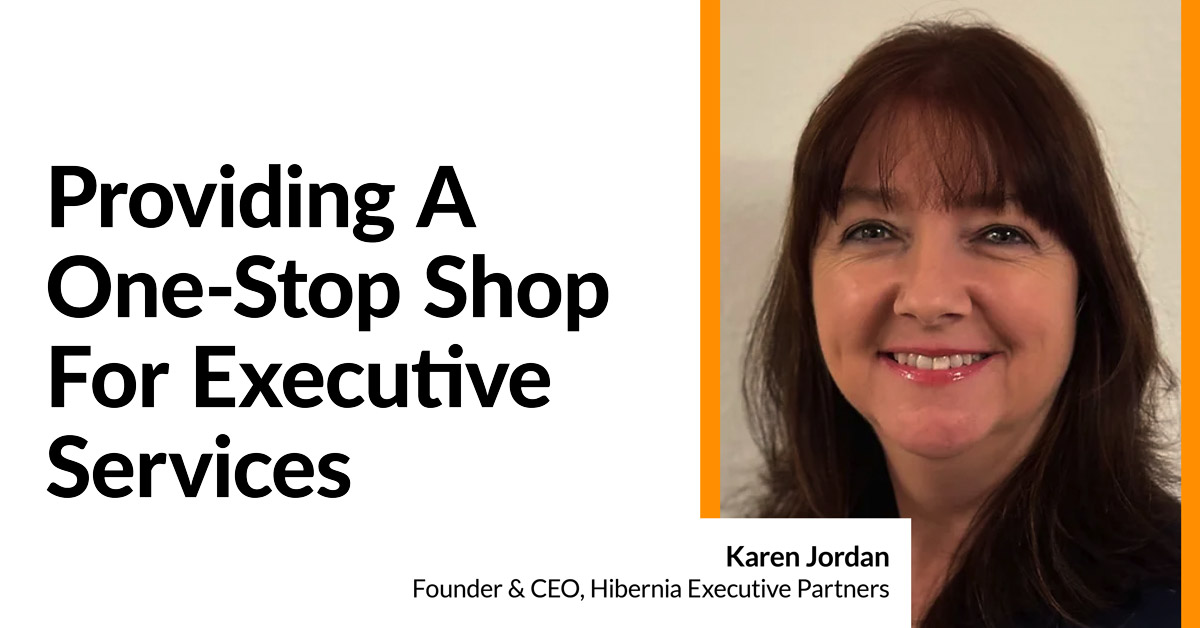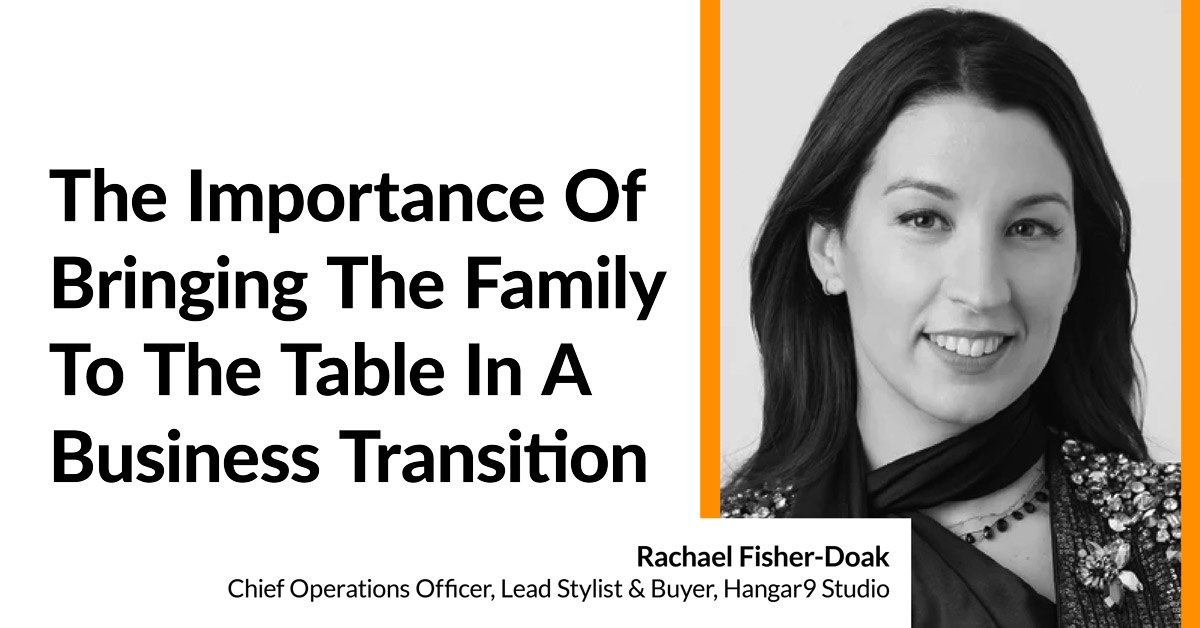Seeing The Value Of An Asset In A Company
Mario Toneguzzi
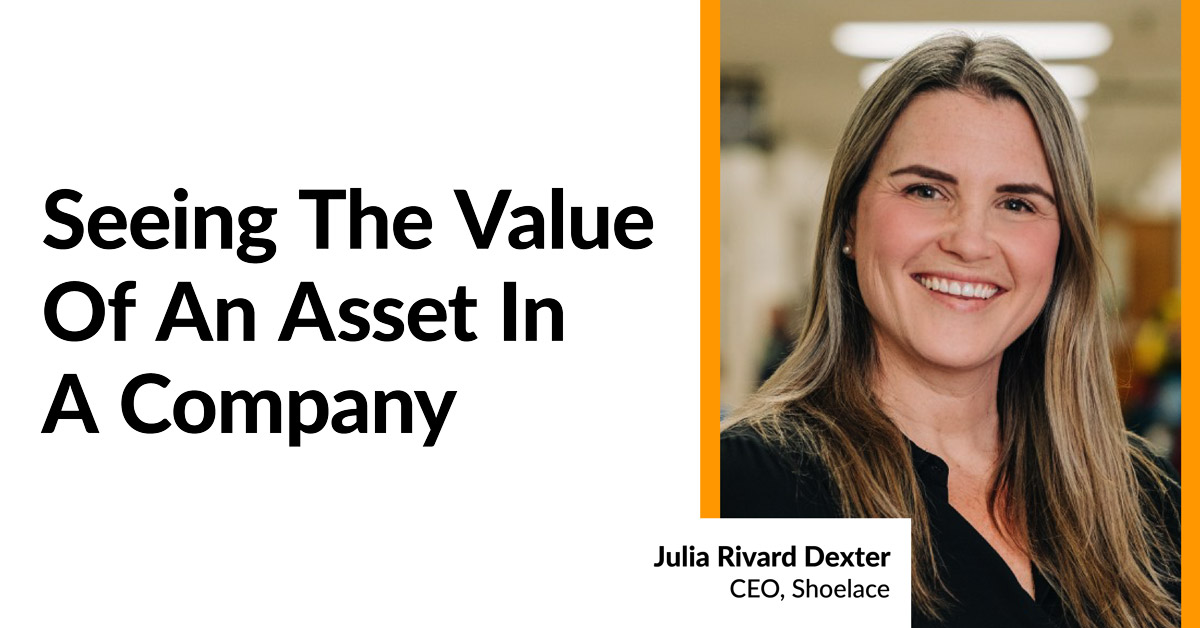
Julia Rivard Dexter is an impact tech entrepreneur, one of Canada’s top 50 Women in STEM and she has been recognized as a leader in Global Growth and Innovation.
As CEO of Shoelace, which was launched in 2019, she has developed a company that is a platform for reading and comprehension for children in Grades 3-8 where the curriculum is delivered through mobile games to each learner in a personalized way.
In this interview, Rivard Dexter talks about:
- The idea of selling an asset;
- The important of documentation in the selling process; and
- What she learned in sports that have been helpful lessons for business.
Enjoy,
Mark
Julia Rivard Dexter is an impact tech entrepreneur, one of Canada’s top 50 Women in STEM and she has been recognized as a leader in Global Growth and Innovation.
As CEO of Shoelace, which was launched in 2019, she has developed a company that is a platform for reading and comprehension for children in Grades 3-8 where the curriculum is delivered through mobile games to each learner in a personalized way.
“It goes way back to 2014 when one of my four kids was really struggling with reading at school and my background was in technology and I had just exited a company and I had some time on my hands,” said Rivard Dexter. “So I spent time shadowing teachers to really understand why not only my son but so many kids were struggling with reading and literacy.
“We did a couple of years of understanding the problem and in 2016 we launched our first education technology product which was called Squiggle Park and I sold that in 2020. I used those proceeds to grow Shoelace which had been started a year earlier.
"What’s interesting is we didn’t sell the company. We actually bundled up one of the products that we had built and we sold it as an asset. That was a learning experience. There can be value in a company that’s an asset that’s no longer serving the company itself that could be used to sell and then to capitalize the company."
“The reason we started Shoelace was because we were selling an education in the field of education and it’s very frustrating. The sales cycles in education are very, very difficult. So we decided not to invest in Squiggle Park anymore because we sold to schools and districts and instead we built this new platform to focus on B2C - so, selling direct to teachers and parents.”
The platform is available online. Two mobile games have been developed with two more coming in the next year. Shoelace delivers learning through video games kids love and reaches over six million users in over 100 countries.
Rivard Dexter, who is based in Halifax, participated in this year’s Atlantic Business Transitions Forum, speaking on a panel discussion Growth & Scaling Strategies That Provide the Greatest ROI.
Business Transition Forums for the rest of this year are October 12 in Winnipeg and November 23 in Vancouver.
Rivard Dexter, who is also a former Olympian and competed in the 2000 Summer Olympics in Sydney, Australia as a member of the Canadian Canoe Kayak team, was honored with the Queen’s Diamond Jubilee Medal in 2014 that same year she was the runner up for the E&Y Entrepreneur of the Year. In 2015 she was awarded the BMO Global Growth and Innovation Award. In 2018 she was recognized as one of Canada’s Inspiring 50 Women in STEM presented by the Embassy of the Kingdom of the Netherlands in Canada with the support of the Senate of Canada.
In her entrepreneurial journey, Rivard Dexter said “there’s been so much learning about the whole venture capital path and whether your business is actually a venture capital business because it requires a true sense of massive scale.”
“You have to have an ambition and be willing to take the risks to hit that massive scale,” she said. “I’ve also been learning quite a bit over the last year as the markets have shifted that there’s flaws in the VC process and that it’s extremely important to have operational efficiency and kind of minimize the risk, whereas I think really a few years ago it was all about the risk and a huge upside.
“I also learned the importance of documenting IT. Documentation in an early stage business can be what you’re thinking of last because you’re so busy just building the business. When you go to sell an asset or sell a company, the importance of having clean documentation can be the difference between just a small exit to something that’s quite big.
“When we sold the asset, the documentation we had was not great but I took the time to get our team to go back and really work on making sure that we had that. And when we did that we were able to increase the value from a three to four times value on revenue to about a 13 times. So massive changes on what you can do when you have the right documentation.”
Rivard Dexter says it’s also important to present a business in a way that’s favourable to the buyer. In her asset sale, she said she got to know the potential buyers and understand their businesses and their models. She was able to present her asset in a way to be able to show them how they could basically turn around and grow their business quickly.
“So just being able to position your value is a big piece too,” she said.
For Rivard Dexter, sports has been a big part of her life and an important pillar for the success she’s had in business.
“The main learning for me was just that being the best in the world is absolutely possible. It kind of took away that barrier of thinking that there is a ceiling,” she said. “It takes a lot of hard work. It takes a lot of good luck. It takes a lot of timing but it’s absolutely possible.
“It also showed me how important it is to pull together high performance teams and to not allow your teams to have anything that’s anything other than high performance. So you’re all working together on a very specific objective. You’re very clear on that objective and you’re not letting anybody pull you down. That’s completely transferable into the business world and something that we may not add as much rigour to in the business world as we do in the sports world.
“The importance of having a very clear vision too. Your pathway becomes a lot straighter and a lot more directional with a clear vision. When you don’t have that, you can end up having a more windy road.”
BACK





